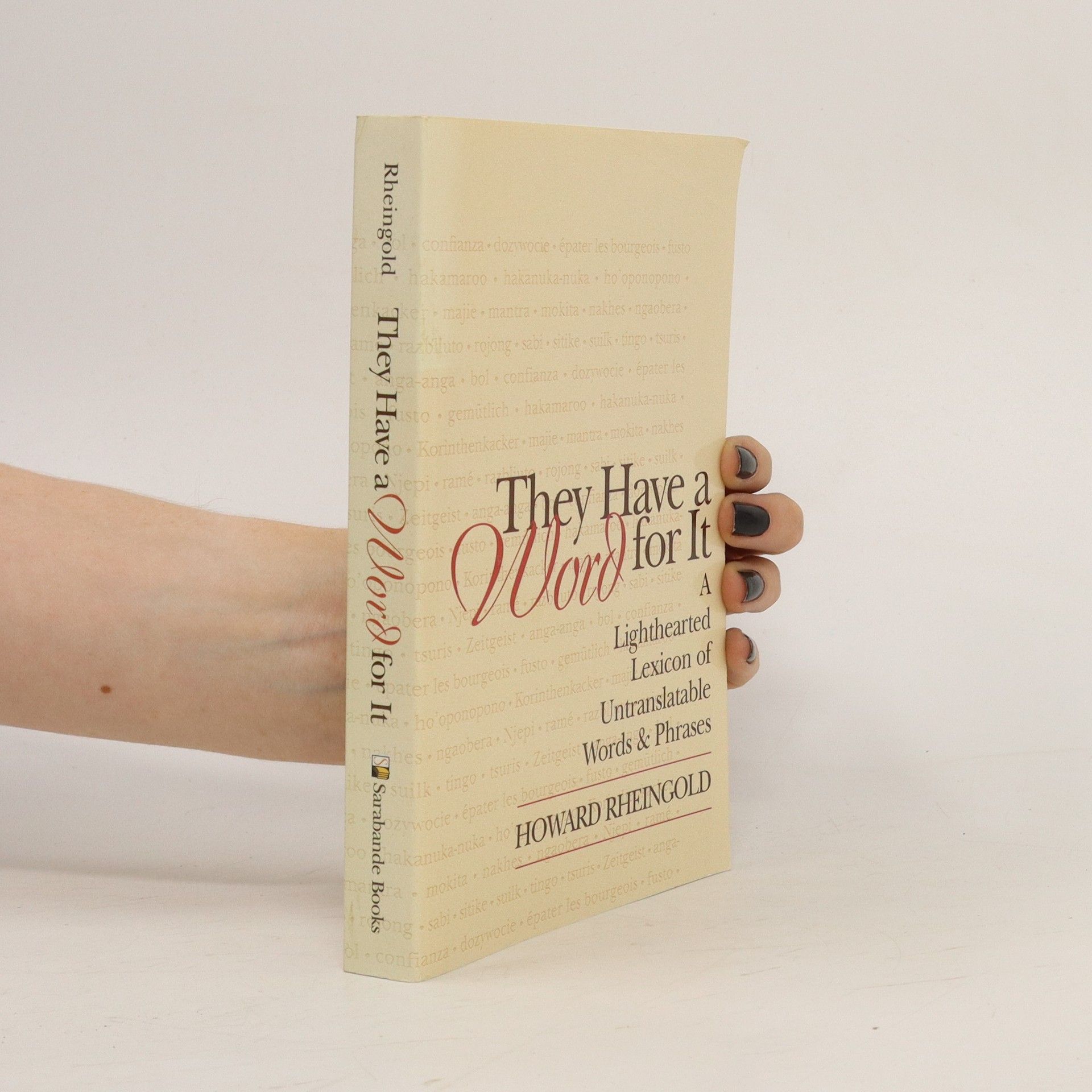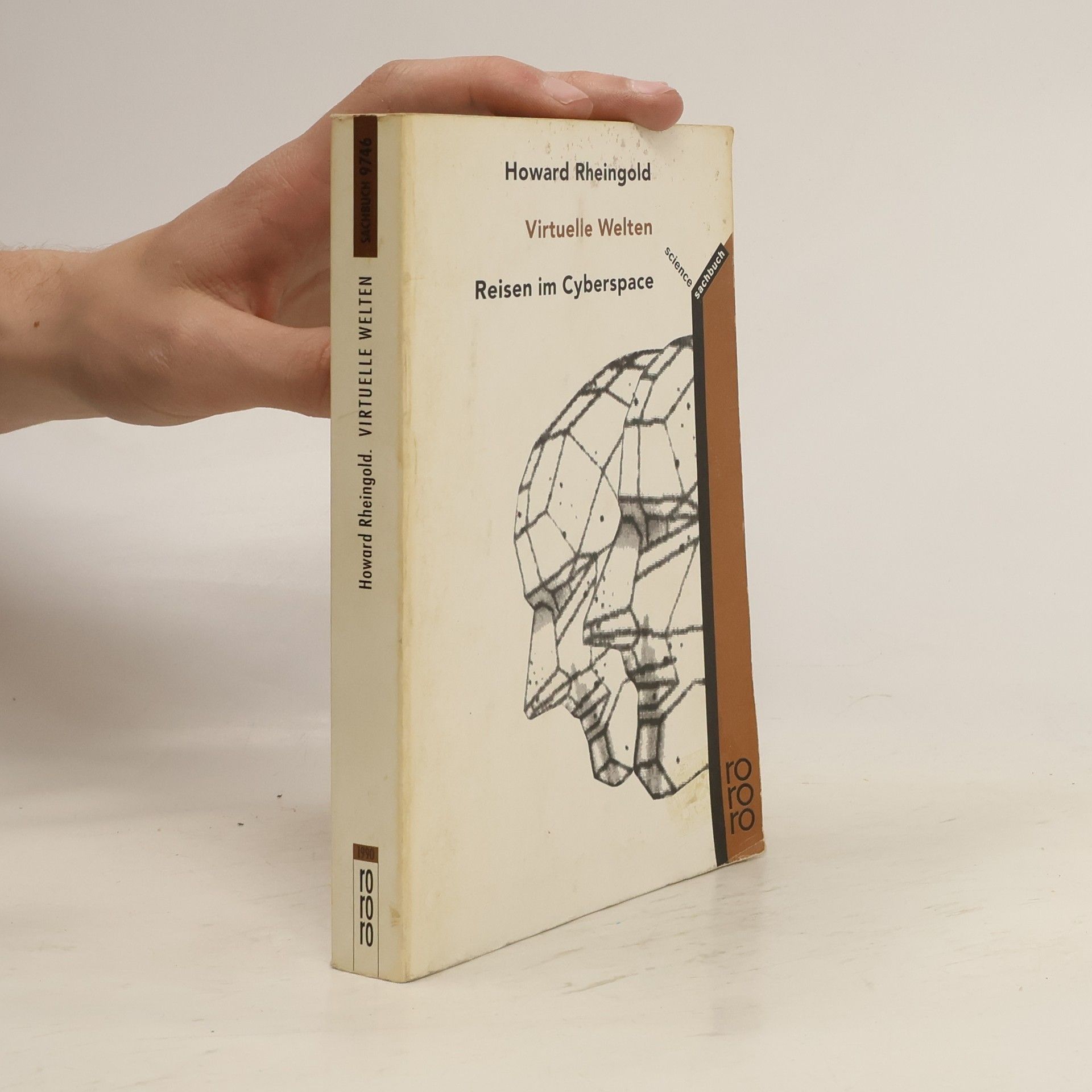Net Smart
- 322 Seiten
- 12 Lesestunden
A media guru shows us how to use social media intelligently, humanely, and, above all, mindfully.
Dieser Autor widmet sein Erwachsenenleben dem Schreiben und erforscht die Tiefen menschlicher Erfahrung. Sein Werk zeichnet sich durch scharfe Einblicke in Themen und stilistische Geschicklichkeit aus. Leser werden seine Fähigkeit schätzen, starke Emotionen und Gedanken durch eine einzigartige Erzählstimme hervorzurufen. Der Ansatz des Autors ist durchdacht und konzentriert sich auf die Schaffung unvergesslicher literarischer Erlebnisse.






A media guru shows us how to use social media intelligently, humanely, and, above all, mindfully.
" ... more than forty familiar and obscure languages to discover genuinely useful (rather than simply odd) words that can open up new ways of understanding and experiencing life"--Page 4 of cover
Access to Tools and Ideas for the Twenty-first Century
Lists useful resources related to science, health care, crafts, communication late-twentieth century technologies, biodiversity, and more.
Computergestützte Kommunikation, Infotainment, Datenautobahnen, Interaktivität, Cyberspace und digitale Zukunft sind klangvolle Schlagwörter unserer Zeit. Der Autor verfolgt den Weg von den Anfängen der computergestützten Kommunikation (CMC) bis in die kommerzialisierte Gegenwart, er zeigt verschworene Online-Gemeinschaften mit ihrer ganz eigenen, vielfältigen Kultur, die sich zu einem engmaschigen Netz zusammengeschlossen haben, in dem alles ausgetauscht wird, von wissenschaftlichen Daten bis zu erotischen Phantasien, von Tips zur Kindererziehung bis zu politischen Meinungen jeglicher Couleur. Und er schildert Chancen und Entwicklungsmöglichkeiten, aber auch die Risiken und Schattenseiten der elektronischen Zukunft.
Homesteading on the Electronic Frontier
Praised as one of the ten best book of the year by Business Week, this lively and provocative look inside the development, inner workings, and future of the Internet is a must-read for anyone hoping to understand the next wave of human culture and communication.
The Revolutionary Technology of Computer-Generated Artificial Worlds - and How It Promises to Transform Society
Imagine being able to "walk" into your computer and interact with any program you create. It sounds like science fiction, but it's science fact. Surgeons now rehearse operations on computer-generated "virtual" patients, and architects "walk through" virtual buildings while the actual structures are still in blueprints. In Virtual Reality , Howard Rheingold takes us to the front lines of this revolutionary new technology that creates computer-generated worlds complete with the sensations of touch and motion, and explores its impact on everything from entertainment to particle physics.
Hainer Kober, geboren 1942, lebt in Soltau. Er hat u. a. Werke von Stephen Hawking, Steven Pinker, Jonathan Littell, Georges Simenon und Oliver Sacks übersetzt.
Luzides Träumen kann eine berauschende Erfahrung sein. Man träumt bewusst und kann seine Träume aktiv steuern und beeinflussen – und sie so für sich nutzen. Erlernen Sie mithilfe dieses Ratgebers das luzide Träumen und tauchen Sie ein in eine Traumwelt, in der alles möglich ist. Einer der führenden Experten auf dem Gebiet des luziden Träumens, der Psychologe Stephen LaBerge, hat jahrelang die Beziehung zwischen Körper und Geist während des Traumstadiums erforscht und die notwendigen Schritte zur Perfektionierung des luziden Träumens entschlüsselt. Dieses praxisbezogene Übungsbuch wird Ihnen nicht nur dabei helfen, das luzide Träumen zu erlernen, sondern Ihnen auch zeigen, wie Sie mithilfe Ihrer Träume · Probleme lösen, · Ihr Selbstvertrauen verbessern, · Ihre Kreativität steigern, · Ängste und Hemmungen konfrontieren und bezwingen. Dieser wichtige Klassiker der Traumliteratur ist ein Muss für alle, die nicht nur im Traum über ihre Grenzen hinausgehen möchten.